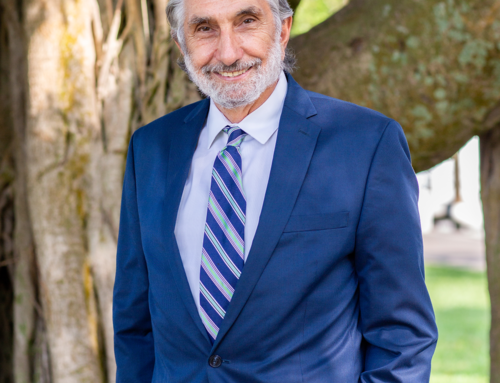Immigrating to the USA can be a long, complex process with ever-changing rules and regulations. The U.S. Citizen and Immigration Services department website is the first place many look for information. As recently as one month from this blog writing, the front page has been updated to include detailed information on new rule changes concerning applicants from countries such as Venezuela, Ukraine, and Afghanistan. However, one of the most consistently requested and sought-after visas is a student visa, allowing young people to come live and learn here in America. If you intend to attend college here in America long term, you will typically be required to obtain a student visa.
Student visas do not allow for an immediate change of permanent residence or citizenship, so the U.S. government has fewer restrictions on who is allowed to come to the country to study – especially if an accredited U.S. university has already accepted you. That being said, hiring an immigration attorney guarantees that the process is completed thoroughly and without fault. If studying in the United States has been a long-term goal, an attorney will give you the best shot at turning your dream into a reality. There are two distinct student visas, and attorneys will be able to determine which one suits your specific situation.
General Requirements For Student Visa
The requirements for applying for a student visa have remained more or less unchanged over the years.
- You must be enrolled in an “academic” educational program, a language-training program, or a vocational program
- The Student and Exchange Visitors Program, Immigration & Customs Enforcement must approve your school
- You must be enrolled as a full-time student at the institution
- You must be proficient in English or be enrolled in courses leading to English proficiency
- You must have sufficient funds available for self-support during the entire proposed course of study
- You must maintain a residence abroad which you have no intention of giving up
If you meet those requirements, you can apply for a Student Visa, most likely an F-1 visa.
The F-1 Visa, also called the Academic Student visa, allows you to enter and remain in the U.S. during your schooling at an accredited college, university, seminary, conservatory, academic high school, elementary school, or other academic institution, such as a language school. Most organizations will tell you any specific requirements or differences that applying for their university or program may entail.
The second type of student visa, the M-1, is similar but only applies to vocational or nonacademic students.
Working On A Visa
The requirements for visa application include sufficient funds for the entire course of your study. Still, with certain restrictions, you are allowed to find employment in the United States to aid in any financial troubles you may have. The F-1 visa prohibits students from working off campus during the entire duration of their first year utilizing the visa. After this, three distinct categories of off-campus work are available, all found here on the USCIS website.
It is also possible to change your visa status if you came to the United States for a separate reason. This process can be complicated but generally is available to those who have not violated any of their previous visa restrictions and can meet the requirements of the new student visa.
If you have immigrated to the United States and are interested in changing to Student Student Status, call the immigration attorneys at Probinsky & Cole. We can help you to understand the process, fill out your application and remain by your side until the process concludes.








